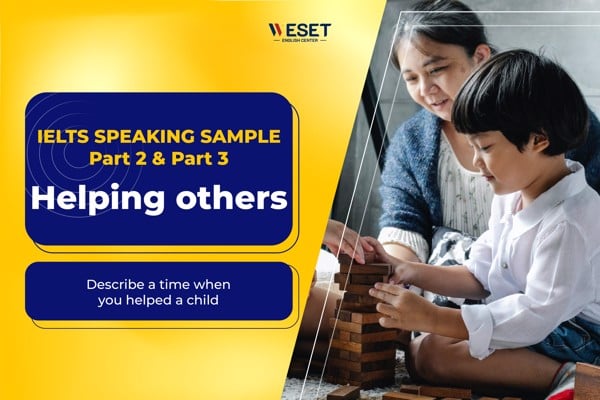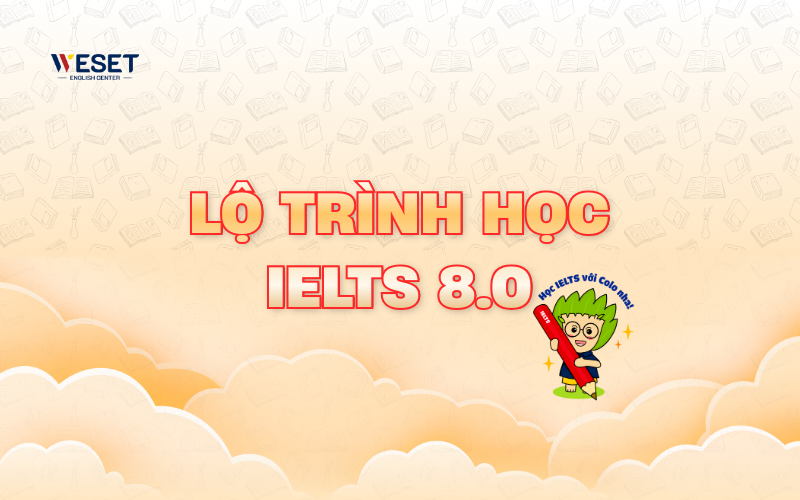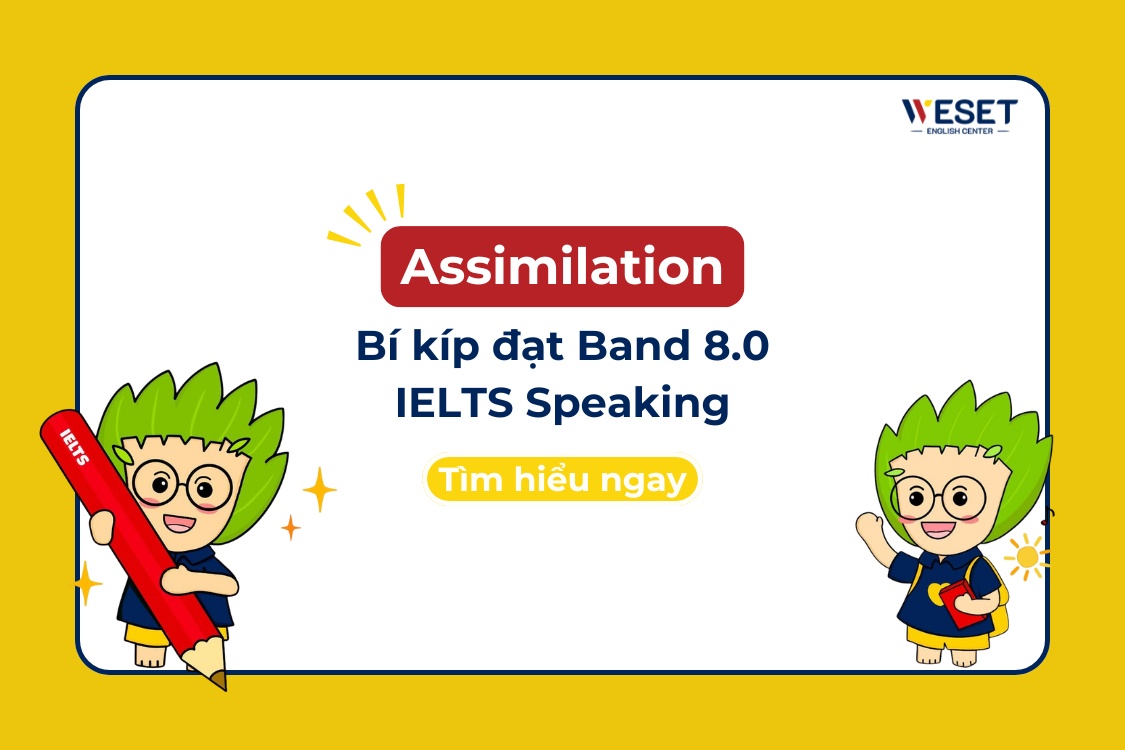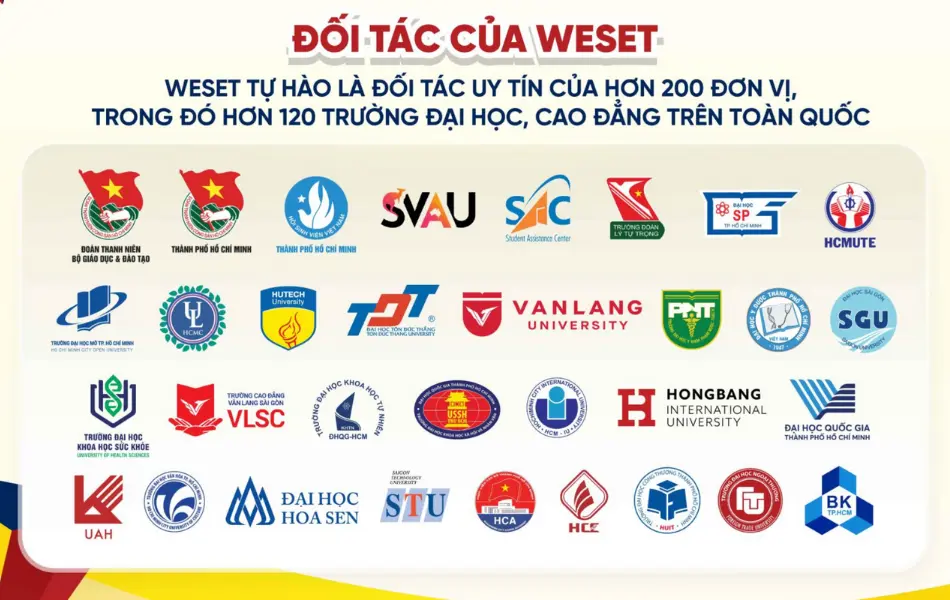Trang chủ Blog Bài thi IELTS mẫu Bài mẫu IELTS Sample Speaking IELTS Speaking: Helping Others – Part 2 & 3
IELTS Speaking: Helping Others – Part 2 & 3
- Hoang Anh
- Bài mẫu IELTS Sample Speaking, Bài thi IELTS mẫu
MỤC LỤC
Kể về một lần giúp đỡ người khác (Helping others) được xem là một chủ đề “dễ ăn điểm” trong phần thi IELTS Speaking vì khá quen thuộc trong đời sống hàng ngày. Tuy nhiên cũng làm khó không ít thí sinh bởi không có nhiều từ vựng và ý tưởng mới lạ để triển khai. Hãy cùng WESET cải thiện qua bài mẫu dưới đây.
Part 2 – IELTS Speaking: Helping others
1. Bài mẫu
You should say:
- Who you helped
- How you helped him/her
- How you felt when you helped him/her
And explain how this child benefited from your help.
| Who you helped | Helping others is a gesture of kindness, so whenever possible, I’m always willing to lend a helping hand to those in need, especially youngsters. In particular, last summer, I got an opportunity to help a disabled kid while doing volunteer work. At that time, I visited Disable Children House to give small, loving gifts that had been prepared beforehand for disadvantaged children. |
| How you helped him/her | While I was distributing presents to the kids there, I saw a dumb and deaf girl struggling to knit rattan baskets. Handicrafts are her bread and butter. So, I completed my tasks as quickly as a flash to run to help her. I first struggled a little bit, especially in making the base of the basket, because I had never knitted a rattan basket before. But after that, I gradually adapted and knitted faster. And it only took us about 3 hours to fulfil the quota for the day. Then, she and I cleaned up not only our place but also the whole room. |
| How you felt when you helped him/her | Honestly, even though 3 hours was neither too short nor too long, I was joyful that I was able to assist her in finishing her work earlier than usual. Moreover, as a devotee of handmade crafts, I’m quite proud of myself for learning how to make a rattan basket in a short time. |
| And explain how this child benefited from your help | With my help, she not only has more time for herself but also has time to play with her peers instead of spending more than half a day completing her work. And I could see how grateful and happy she was. |
2. Từ vựng và cụm từ
- gesture of kindness (phrase): cử chỉ nhân ái
- give/lend a helping hand (idiom): to help somebody: giúp đỡ ai đó
- in need (phrase): in a condition of needing something (such as the things one needs to live): cần sự giúp đỡ
- beforehand (adv): earlier; before something else happens or is done: trước đó, sớm hơn
- disadvantaged children: trẻ em khuyết tật, trẻ em có hoàn cảnh khó khăn
- dumb and deaf (a): unable to speak or hear: người bị câm và điếc
- as quick as a flash (idiom): incredibly quicky or speedily: nhanh như chóp
- handicraft (n): the activity of making attractive objects by hand: nghề thủ công
- bread and butter (idiom): a job or activity that provides a person’s or organization’s main income: công việc thiết yếu để làm kế sinh nhai của một người
- quota (n): a limited number or amount of people or things that is officially allowed: chỉ tiêu
- joyful (a): very happy: vui sướng
- devotee (of somebody/ something) (n): a person who admires and is very enthusiastic about somebody/something: người hâm mộ/ say mê cái gì đó
Part 3 – IELTS Speaking: Helping others
1. Bài mẫu
-
How is online help different from real-life help?
Although these two methods can raise money for the underprivileged, their emotional effects will be different. In real life, people get an emotional touch when they assist others. Meanwhile, in the case of online help, people are not constrained by geographical boundaries and can help others anytime, anywhere. Money can also be donated to online charities, which can be used on the ground. The event’s authenticity is another distinction. Compared to online help, real-life help allows us to confirm whether a person has received our assistance or not. Furthermore, there is a chance of getting duped when helping online. For instance, a campaign to support wildlife is sharing a post on Instagram, but in reality, that page is merely doing so to get followers and fame, not to truly support wildlife.
-
Should schools be responsible for teaching students how to cooperate?
I believe that teaching children about cooperation should be the joint responsibility of parents and schools. However, since school is where today’s kids spend the majority of their time learning and developing discipline, teachers can also allow them to instil this skill. Teamwork will also be very necessary for students in the future when they enter the workforce. Therefore, I believe that school is the ideal setting for pupils to learn how to collaborate. In addition, parents also need to take responsibility for instructing and encouraging their kids to join clubs at school or organizations to develop their teamwork abilities. In actuality, partaking in these activities fosters the development of other soft skills, including critical thinking, communication, and problem-solving as well as teamwork.
-
What are the differences between help from friends and help from family?
In my opinion, the distinction between receiving support from relatives and friends is reciprocity. In particular, we frequently assume that our family members will aid us without expecting anything in return, as we take it for granted. While, if our friends help us, we will feel compelled to requite them sooner or later. In some cases, help from friends is more helpful than that from parents. For example, in studying, when having a difficult exercise or question, it’s better to ask our peers for help than to ask our parents. The fact that our parents may not be able to recall some information as clearly as they formerly could. In addition, educational reform programs almost take place annually.
2. Từ vựng và cụm từ
- the underprivileged (n): people who have less money and fewer opportunities than most people in society: những người khó khăn
- constrain (v): to limit somebody/something: giới hạn
- boundary (n): a real or imagined line that marks the limits or edges of something and separates it from other things or places; a dividing line: ranh giới
- distinction (between A and B) (n): a clear difference or contrast especially between people or things that are similar or related: sự khác biệt
- dupe (v): to trick or cheat somebody: bị lừa
- merely (adv): used meaning ‘only’ or ‘simply’ to emphasize a fact or something that you are saying: chỉ
- joint (a): involving two or more people together: chung (giữa hai hay nhiều người)
- discipline (n): the practice of training people to obey rules and orders and punishing them if they do not; the controlled behaviour or situation that is the result of this training: kỷ luật
- instil (v): to gradually put an idea or attitude into somebody’s mind; to make somebody feel, think or behave in a particular way over a period of time: luyện tập, làm cho thấm nhuần dần
- workforce (n): all the people who work for a particular company, organization, etc.: lực lượng lao động
- pupil (n): (especially British English, becoming old-fashioned) a person who is being taught, especially a child in a school: học sinh
- collaborate (v): to work together with somebody in order to produce or achieve something: hợp tác
- non-profit organization (n): tổ chức phi lợi nhuận
- partake (in something) (v): to take part in an activity: tham gia
- foster (v): to encourage something to develop: khích lệ, thúc đẩy
- reciprocity (n): a situation in which two people, countries, etc. provide the same help or advantages to each other: sự có qua có lại
- granted (adv): used to show that you accept that something is true, often before you make another statement about it: hiển nhiên
- compel (v): to force somebody to do something; to make something necessary: bắt buộc
- requite (v): to give something such as love, a favour, kind treatment, etc. in return for what somebody has given you: đền đáp, đáp lại







